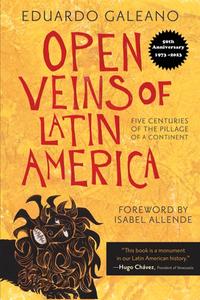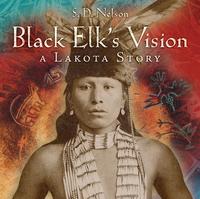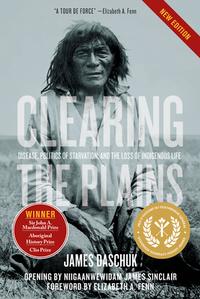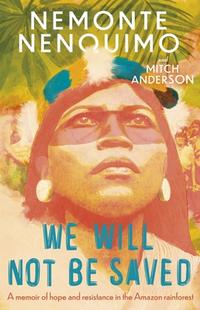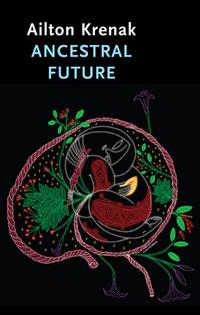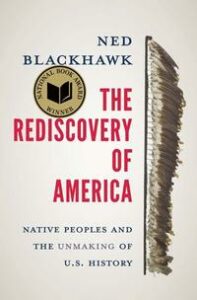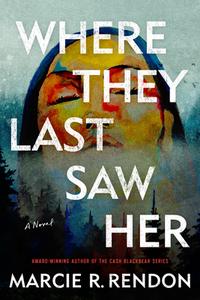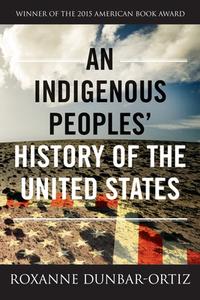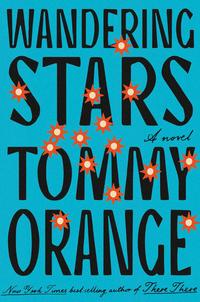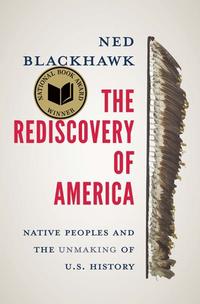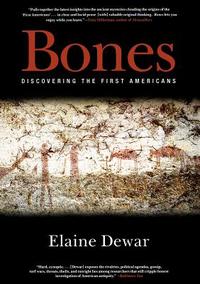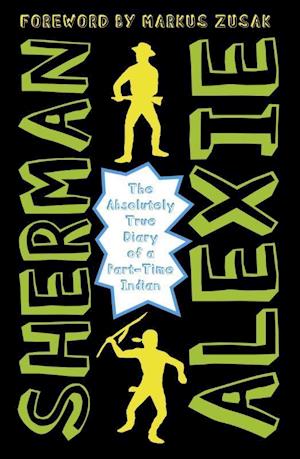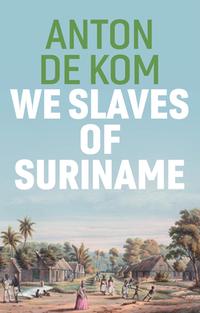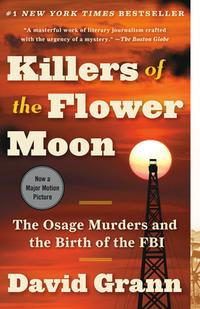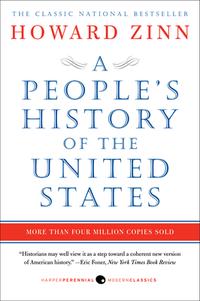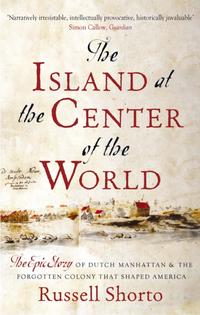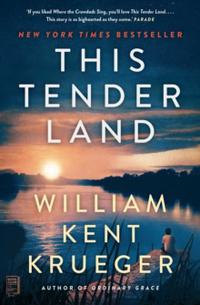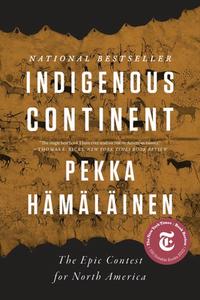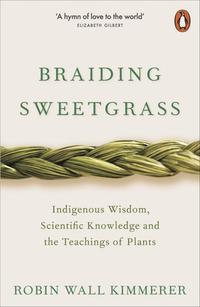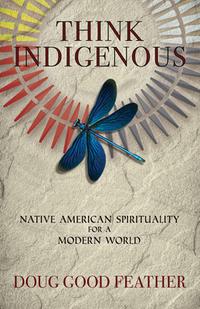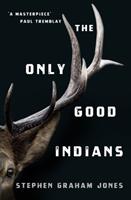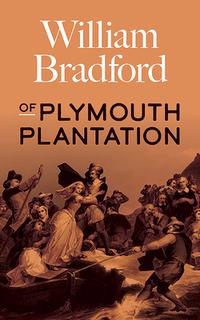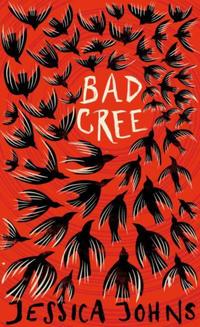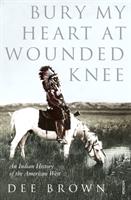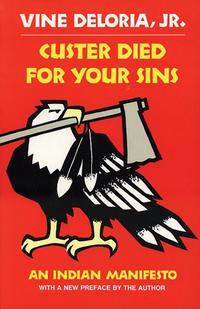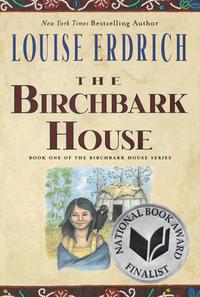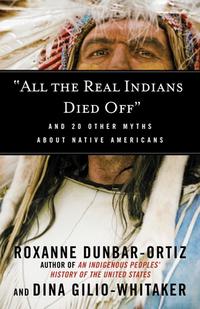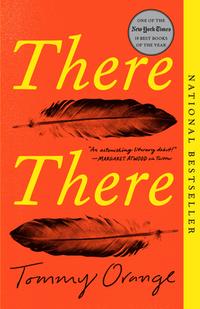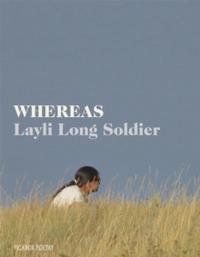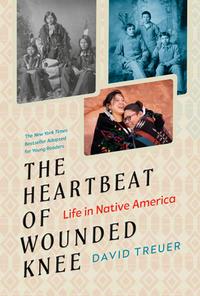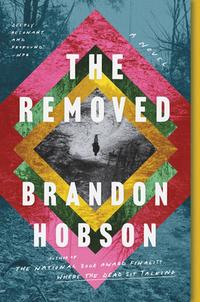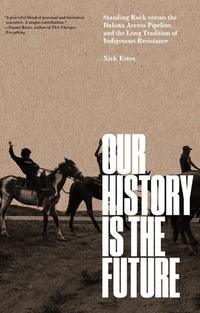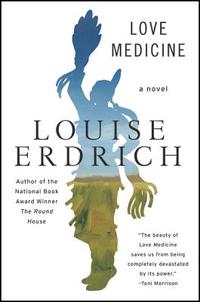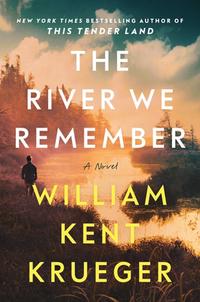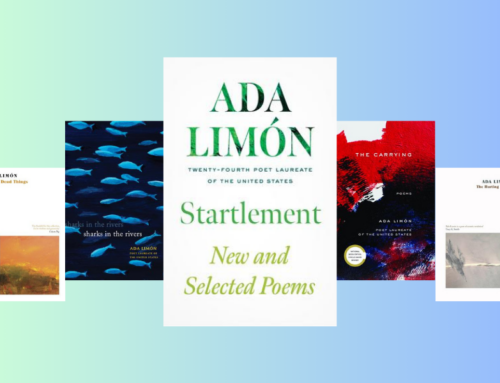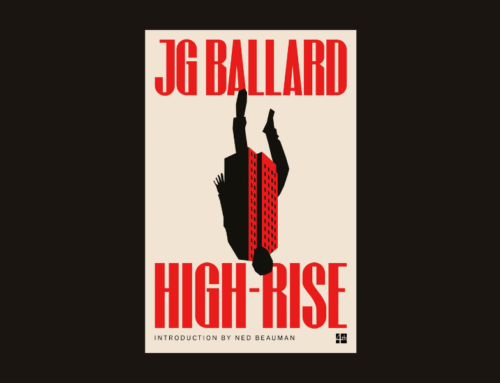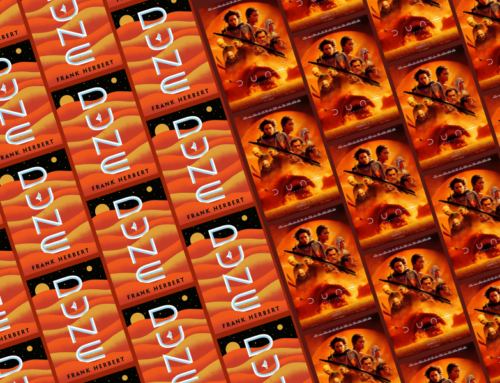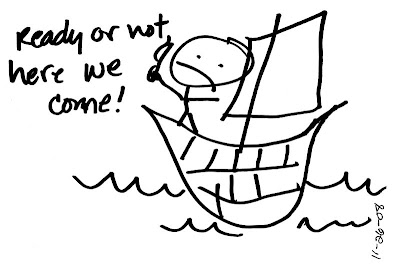 By Lauren
By Lauren
October 14 is Columbus Day in the US, the holiday marking the date that the explorer/colonizer first stepped foot on what would later become the US, Central and South America. (He actually landed in the Bahamas on October 12, 1492, but a bank holiday is a bank holiday.)
In some of the countries where Columbus landed, such as the US, school children are versed in the explorer’s feats and celebrate the “discovery of America.” In Spain, from where he departed for the “New World” and whose monarchs (King Ferdinand and Queen Isabella) sponsored his voyages, October 12 is known as the Day of Hispanicity, or Día de la Hispanidad, and is also Spain’s National Day.
In what has long been considered his birthplace of Italy, Columbus Day has officially been celebrated since 2004 as National Christopher Columbus Day. A just-concluded 20+ year DNA study of Columbus’ remains, though, has thrown the controversial explorer’s Italian roots and ethnicity into question.
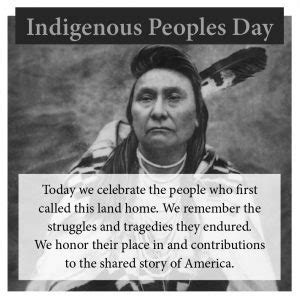 Whatever his origins, in many of the countries that Columbus allegedly “discovered,” the holiday has moved from a remembrance of the first meetings between Europeans and Native Americans to a day of protest and celebration of indigenous culture.
Whatever his origins, in many of the countries that Columbus allegedly “discovered,” the holiday has moved from a remembrance of the first meetings between Europeans and Native Americans to a day of protest and celebration of indigenous culture.
Although most commonly called the Day of the Race (Día de la Raza) when first established, some countries have renamed the holiday to more accurately reflect their current realities.
Argentina changed Día de la Raza to Day of Respect of Cultural Diversity in 2010. Colombia followed suit in 2021, renaming the holiday the Day of Ethnical and Cultural Diversity of the Colombian nation, while Peru has been calling it Indigenous Peoples and Intercultural Dialogue Day for over a decade. El Salvador scrapped the holiday altogether in 2021.
Even in the US, Columbus Day has been rechristened Indigenous People’s Day in some states (and by a 2021 presidential proclamation by US President Joe Biden) to “honor America’s first inhabitants and the Tribal Nations that continue to thrive today.”
At ABC, we come from both the lands of the colonizer and the colonized, and in a few cases, from both (which has led at least one ABC employee to point out the schizophrenic nature of her childhood teachings).
We mark the day with our stock-in-trade: by providing books and information. ABC’s experts have curated a list of books that present an alternative history to Columbus’ “discovery of America,” with an emphasis on indigenous-centered narratives and perspectives from indigenous people, who didn’t need to be “discovered” at all.
Here are some of the titles we find most interesting.
You can also check our highlights list here.
Open Veins of Latin American by Eduardo Galeano
Since its U.S. debut almost fifty years ago, this brilliant text has set a new standard for historical scholarship of Latin America. It is also an outstanding political economy, a social and cultural narrative of the highest quality, and perhaps the finest description of primitive capital accumulation since Marx.
Rather than chronology, geography, or political successions, Eduardo Galeano has organized the various facets of Latin American history according to the patterns of five centuries of exploitation.
Black Elk’s Vision by S.D. Nelson
Black Elk (1863–1950) was a Lakota-Oglala medicine man and a cousin of Crazy Horse. This biographical account follows him from childhood through adulthood, recounting the visions he had as a young boy and describing his involvement in the battles of Little Big Horn and Wounded Knee, as well as his journeys to New York City and Europe with Buffalo Bill’s Wild West Show.
Clearing the Plains by James Daschuk
Revealing how Canada’s first Prime Minister used a policy of starvation against Indigenous people to clear the way for settlement, the multiple award-winning Clearing the Plains sparked widespread debate about genocide in Canada.
In arresting, but harrowing, prose, James Daschuk examines the roles that Old World diseases, climate, and, most disturbingly, Canadian politics—the politics of ethnocide—played in the deaths and subjugation of thousands of Indigenous people in the realization of Sir John A. Macdonald’s “National Dream.”
We Will Not Be Saved by Nemonte Nenquimo
Born into the Waorani tribe of Ecuador’s Amazon rainforest, Nemonte Nenquimo was taught about plant medicines, foraging, oral storytelling, and shamanism by her elders. Age 14, she left the forest for the first time to study with an evangelical missionary group in the city. Eventually, her ancestors began appearing in her dreams, pleading with her to return and embrace her own culture.
She listened.
Ancestral Future by Ailton Krenak
In response to the damage caused by centuries of colonial ravaging and the current ecological, political and social crises, the leading Indigenous thinker and activist Ailton Krenak warns against the power of corporate capitalism and its destructive impact.
Capitalism encroaches on every corner of the planet and orients us toward a future of promised progress, achievement and growth, but this future doesn’t exist – we just imagine it. This orientation to the future also blinds us to what exists around us, to the plants and animals with which we share the Earth and to the rivers that flow through our lands.
The Rediscovery of America by Ned Blackhawk
The most enduring feature of U.S. history is the presence of Native Americans, yet most histories focus on Europeans and their descendants. This long practice of ignoring Indigenous history is changing, however, with a new generation of scholars insists that any full American history address the struggle, survival, and resurgence of American Indian nations. Indigenous history is essential to understanding the evolution of modern America.
Winner of the 2023 National Book Award for Nonfiction.

